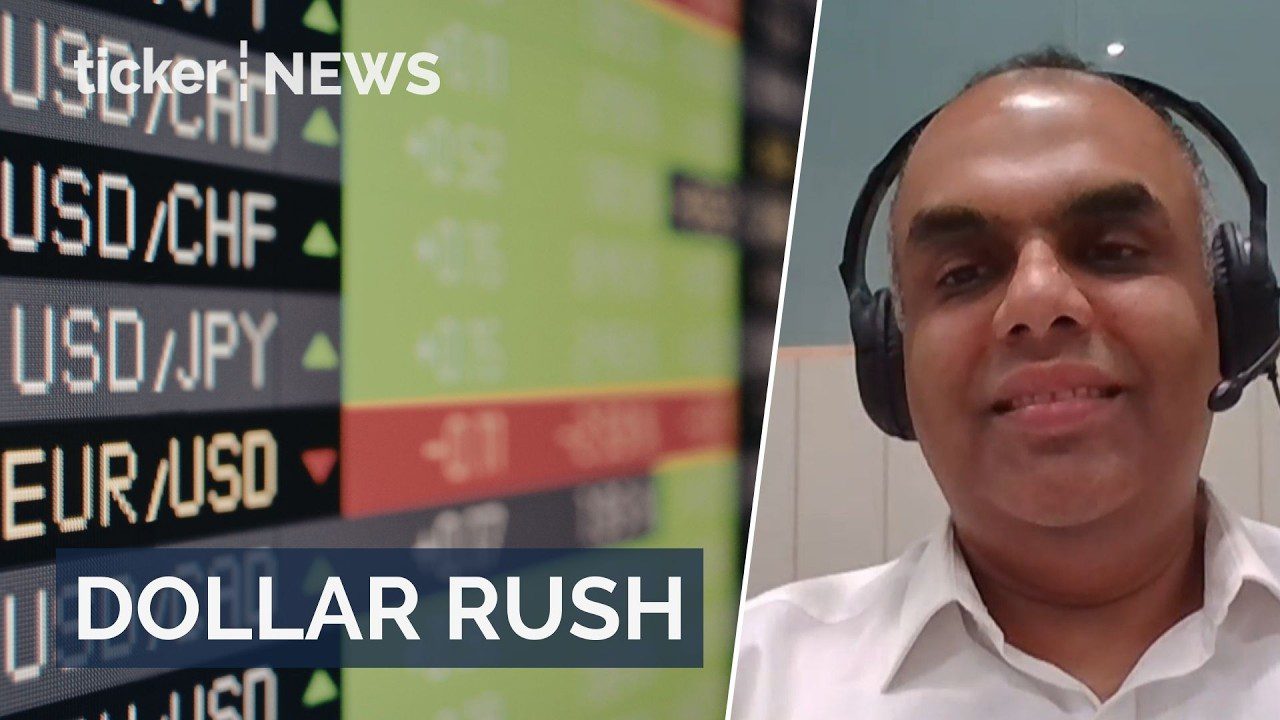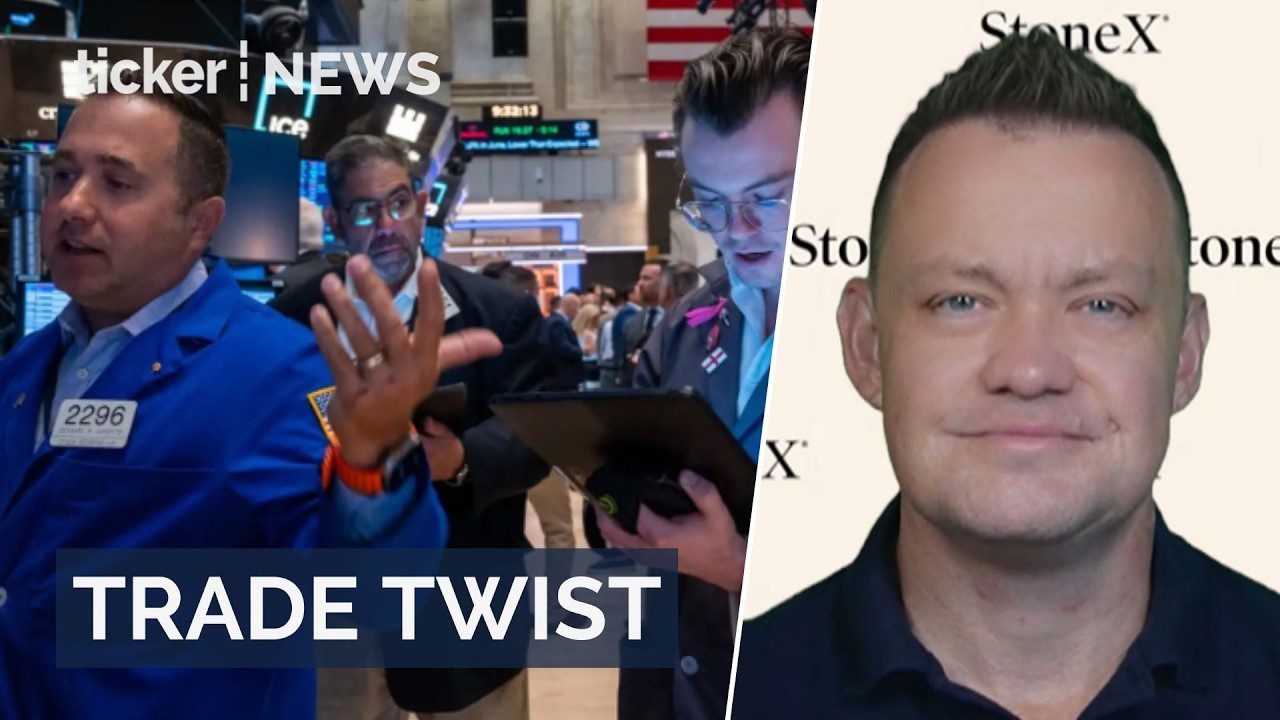Money
U.S. stocks drop as weak data fuels recession fears
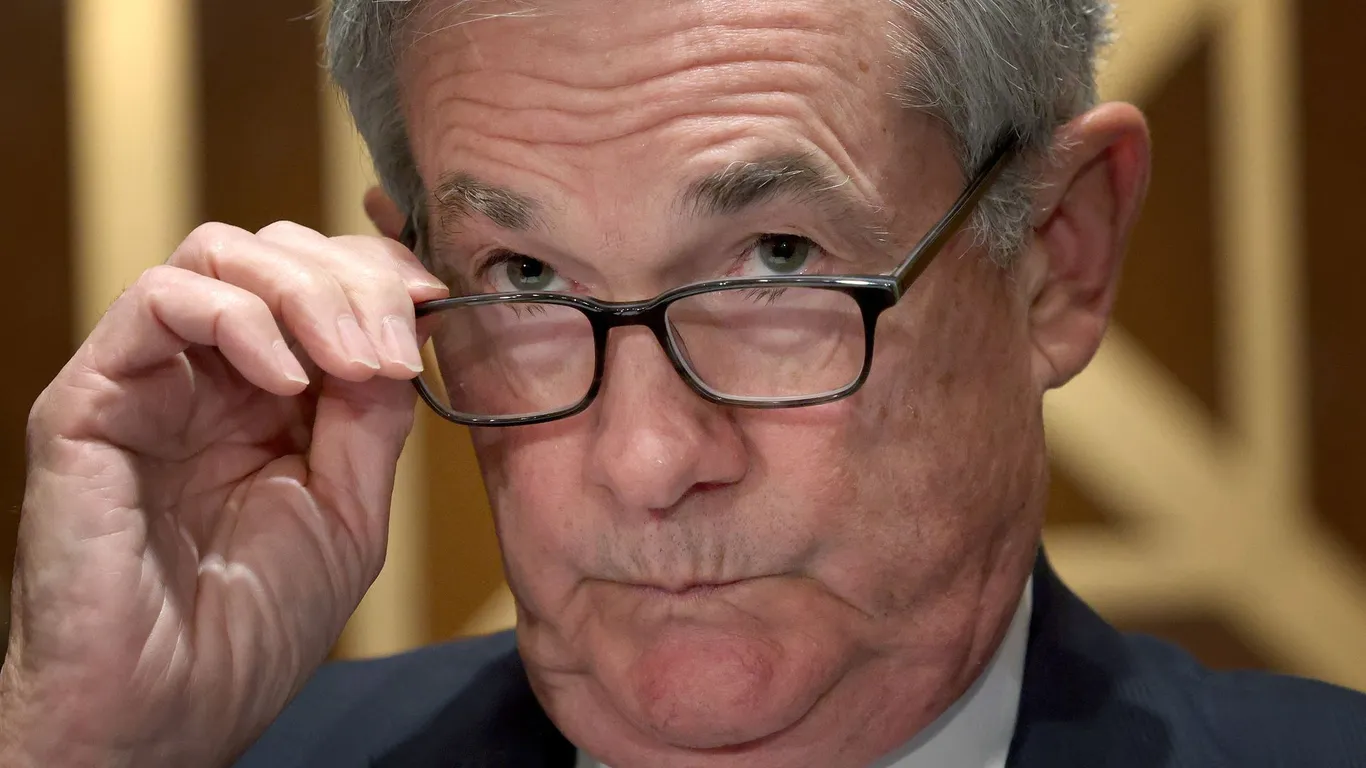
Money
US dollar strength hits NZ dollar amid FX market shifts
US dollar rises amid strong US growth; New Zealand faces pressure as traders navigate volatile FX and geopolitical impacts.
Money
Oil hits seven-month high, and gold surpasses $5,000 amid US-Iran tensions
Oil prices hit seven-month high amid U.S.-Iran tensions; experts analyze impacts on global economy and energy markets.
Money
Australia jobs, market trends, and tariff ruling: What investors need to know
Australia’s jobs report shapes rate forecasts, with cyclical assets favored amid market volatility and upcoming Supreme Court rulings on tariffs.
-



 Shows5 days ago
Shows5 days agoReal estate insights: Technology changes and trust remain
-

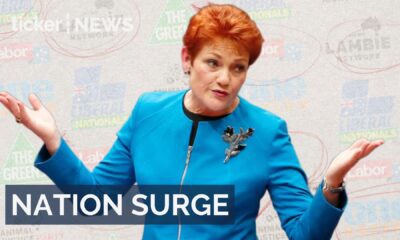

 News5 days ago
News5 days agoOne Nation matches coalition as Liberal backing slides
-



 Tech5 days ago
Tech5 days agoCrew-12 astronauts arrive at the International Space Station
-



 Shows5 days ago
Shows5 days agoMedicinal Cannabis reform: Patient demand vs regulatory hurdles in Australia
-



 News2 days ago
News2 days agoUkraine Russia peace talks stall with no breakthrough
-

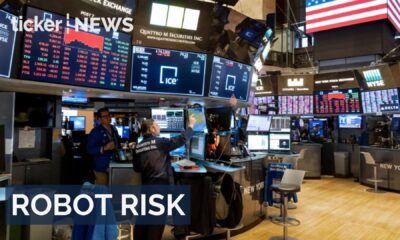

 Money5 days ago
Money5 days agoAI fears rattle global markets and investors
-



 Tech16 hours ago
Tech16 hours agoSam Altman predicts superintelligence could appear by 2028
-



 Ticker Views5 days ago
Ticker Views5 days agoGlobal rallies show support for Iran as sanctions and tensions rise



